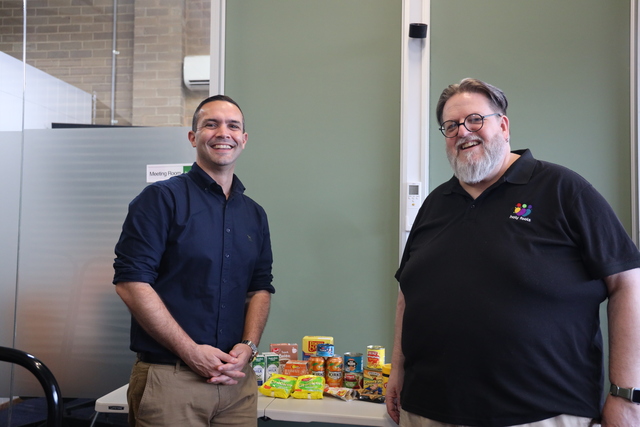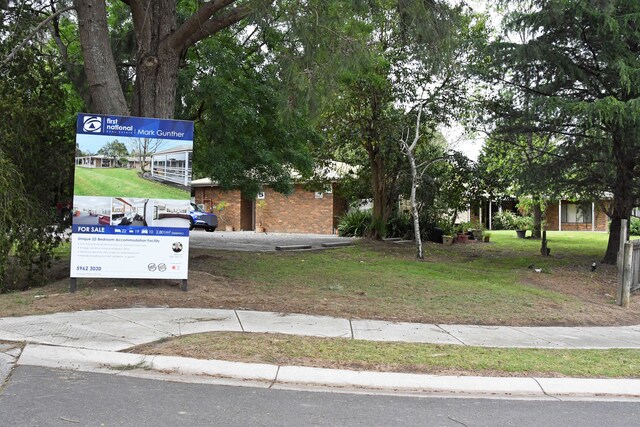 Local forests including Cement Creek and Armstrong Creek are among the most carbon dense in the world.
Local forests including Cement Creek and Armstrong Creek are among the most carbon dense in the world.By Melissa Meehan
VICTORIA’S Central Highlands, which includes areas of the Yarra Valley, contain up to 20 times the amount of natural carbon than previously thought, a forest research by the Australian National University (ANU) revealed.
The ANU research team, led by plant ecologist Brendan Mackey, believes the new evidence may shape national and state policies in relation to logging.
Previously, according to the Inter-governmental Panel on Climate Change (IPCC), the world average carbon stock in temperate forests was 217 tonnes of carbon per hectare.
Research by Professor Mackey and his ANU team has shown each hectare of natural forests in southeastern Australia absorbs around 640 tonnes per hectare.
Forests such as those found in Cement Creek and Armstrong Creek can contain over 2000 tonnes of carbon per hectare, over 20 times the IPCC estimate, the research states.
“Protecting the carbon in Australia and the world’s natural forests is no longer an option – it’s a necessity,” Professor Mackey said.
“If natural forests continue to be cleared and degraded then the CO2 released will significantly increase concentrations of greenhouse gases in the atmosphere.”
Local environment groups have welcomed the research findings.
C4 Healesville spokesperson Steve Meacher called it a “wake up call for State and Federal politicians and policy makers to stop turning a blind eye to one of the easiest ways to reduce Australia’s greenhouse pollution.”
Sarah Rees, spokesperson for The Central Highlands Alliance, also based in Healesville, said the findings have given local residents a chance to make a difference internationally.
“Locally, we can now play an international role in mitigating the effects of climate change, our forests have just been given the winning ticket for its protection,” Ms Rees said.
Timber Communities Australia’s Scott Gentle said it was disappointing that environmental groups continued to fail to accept decisions that prove sustainable harvesting was a viable industry.
“The UN has found that sustainable harvesting is something that is to be encouraged,” Mr Gentle said.
“Unfortunately these environmental groups are always wanting to change the goal posts.”






